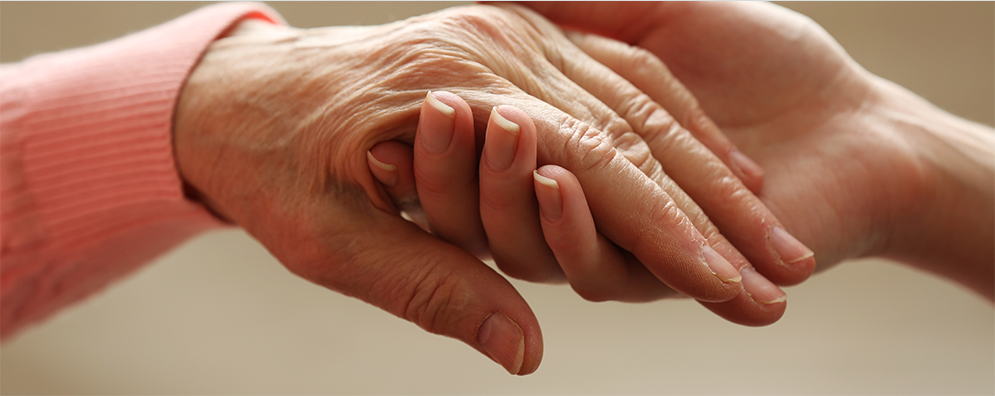What is dementia?
Dementia is a progressive intellectual disability. It is caused by the brain being damaged by diseases that get worse over time, and which cannot be treated. The most common type is Alzheimer’s Disease.
Find out how people can be affected by dementia.

Struggling to remember what you've just done or what you were about to do |

Getting lost in familiar places |

Forgetting the names of your friends, whānau or everyday objects |

Difficulty following conversations |

Not being able to find the right words |

Struggling to make sense of your thoughts |










